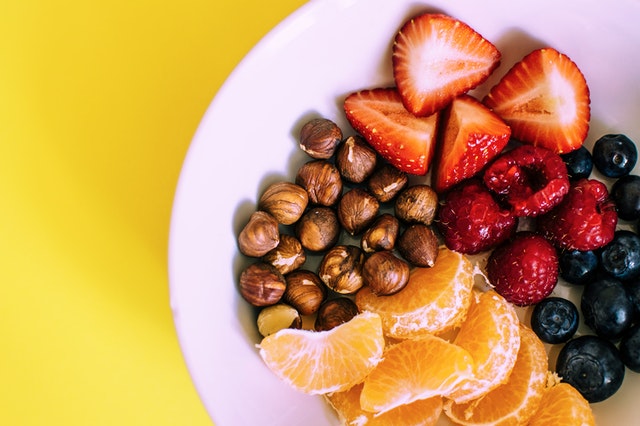

28 Foods to Decrease Anxiety and Depression & Enhance Positive Moods
by Counseling and Wellness Center of PittsburghJuly 31, 2018 food for anxiety, food for depression, food for mood0 comments
Food & Mood Series by Liz Mckinney, CNS, Board Certified Nutritionist
“It is both compelling and daunting to consider that dietary intervention at an individual or population level could reduce rates of psychiatric disorders. There are exciting implications for clinical care, public health, and research” – editorial in the American Journal of Psychiatry...Learn MoreThe Amazing Natural Substance that treats Depression and Anxiety
by Counseling and Wellness Center of PittsburghMay 5, 2018 anxiety, clinical herbalist, complementary medicine, depression, holistic health, integrative mental health, natural health, turmeric0 comments
Turmeric is a natural substance to treat anxiety and depression.
The Amazing Natural Substance that treats Depression and Anxiety
Want to manage anxiety and depression as well as double down on a dose of wellness? We have one incredible natural health, food substance to report to you. Turmeric is a rhizome and a member of the ginger family. Turmeric a major ingredient of Indian curries and has...Learn MoreWhat is Nutrition Counseling?
by Counseling and Wellness Center of PittsburghJanuary 22, 2018 Certified Nutritionist, counseling, Emotional Health, integrative health, integrative medicine, mindfulness, Nutrition Counseling, Nutritionist, wellness0 comments
What is Nutrition Counseling? Liz Mckinney, Certified Nutrition Counselor in Pittsburgh and Monroeville explains a little bit about how this works to enhance your health and wellness. What to expect: One on one individualized nutrition counseling based on your goals and health complaints
Detailed analysis
Goal setting, coaching and working through barriers to change
A clear cut program...Learn More
Pittsburgh Nutritionist Counseling
by Counseling and Wellness Center of PittsburghJanuary 9, 2018 Certified Nutritionist, dietitian, Emotional Health, integrative health, integrative medicine, Nutrition Counseling, Nutritionist, registered dietitian, registered licensed dietitian, wellness pittsburgh0 comments
Please see the bios of our certified and licensed nutritionist to learn more about the unique styles and specialties of our in house registered nutrition specialist!
Kali Alrutz MPH, RD, LDN
Learn more about the locations and specialists who are here to help you in each of our counseling centers!
Counseling and Wellness Center of Pittsburgh
Counseling and Wellness Center of...Learn More